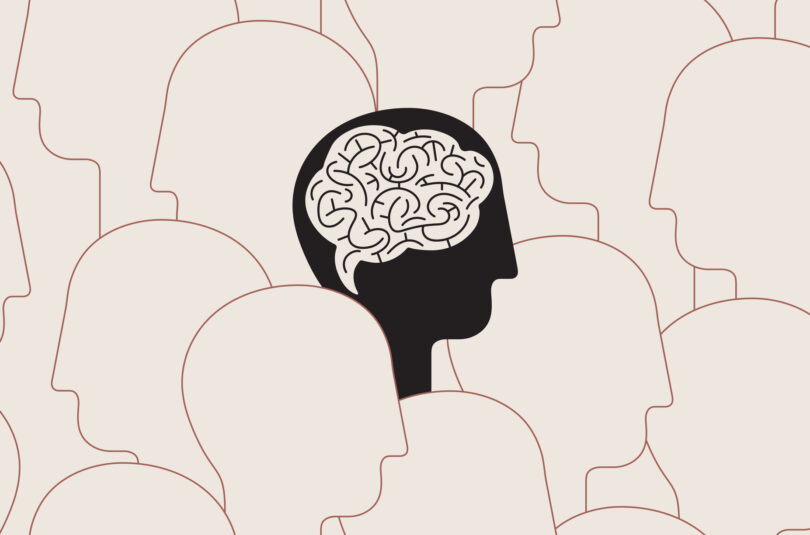A study by researchers from the University of Pennsylvania found that omega-3 fatty acids reduced aggression, regardless of age or gender.
THE SCIENCE
The health benefits of seafood are supported by science. Science-based research drives us
and guides our communications. Our Scientific Nutrition Advisory Council (SNAC) is composed of
leading experts in the fields of science, nutrition, and health.
LATEST RESEARCH UPDATES

Heart disease is 80-90% preventable with proper diet, exercise, and lifestyle modifications
Coronary heart disease is 90% preventable with proper diet and exercise per American Heart Association.

Research Shows Omega-3 Can Support Your Brain Through Bouts Of Loneliness
Seafood is rich in omega-3 fatty acids EPA and DHA which along vitamin D help regulate the production, release, and function of serotonin. Social isolation affects the activation of our serotonergic pathways—but omega-3 fatty acids and vitamin D have an important role in the actions of these pathways and are thus, critical nutrients for everyone but especially people who are dealing with loneliness.
SEARCH RESEARCH
Omega-3s Found in Seafood Reduce Aggression by 30%
A study by researchers from the University of Pennsylvania found that omega-3 fatty acids reduced aggression, regardless of age or gender.
Heart disease is 80-90% preventable with proper diet, exercise, and lifestyle modifications
Coronary heart disease is 90% preventable with proper diet and exercise per American Heart Association.
Research Shows Omega-3 Can Support Your Brain Through Bouts Of Loneliness
Seafood is rich in omega-3 fatty acids EPA and DHA which along vitamin D help regulate the production, release, and function of serotonin. Social isolation affects the activation of our serotonergic pathways—but omega-3 fatty acids and vitamin D have an important role in the actions of these pathways and are thus, critical nutrients for everyone but especially people who are dealing with loneliness.


